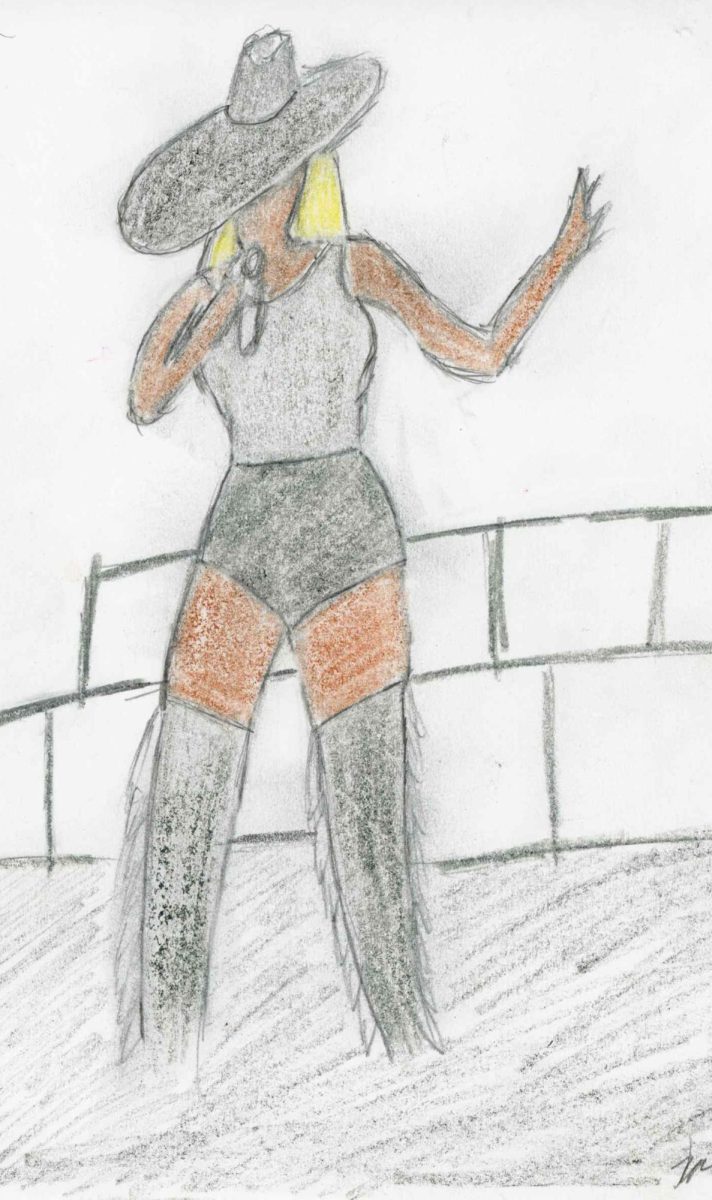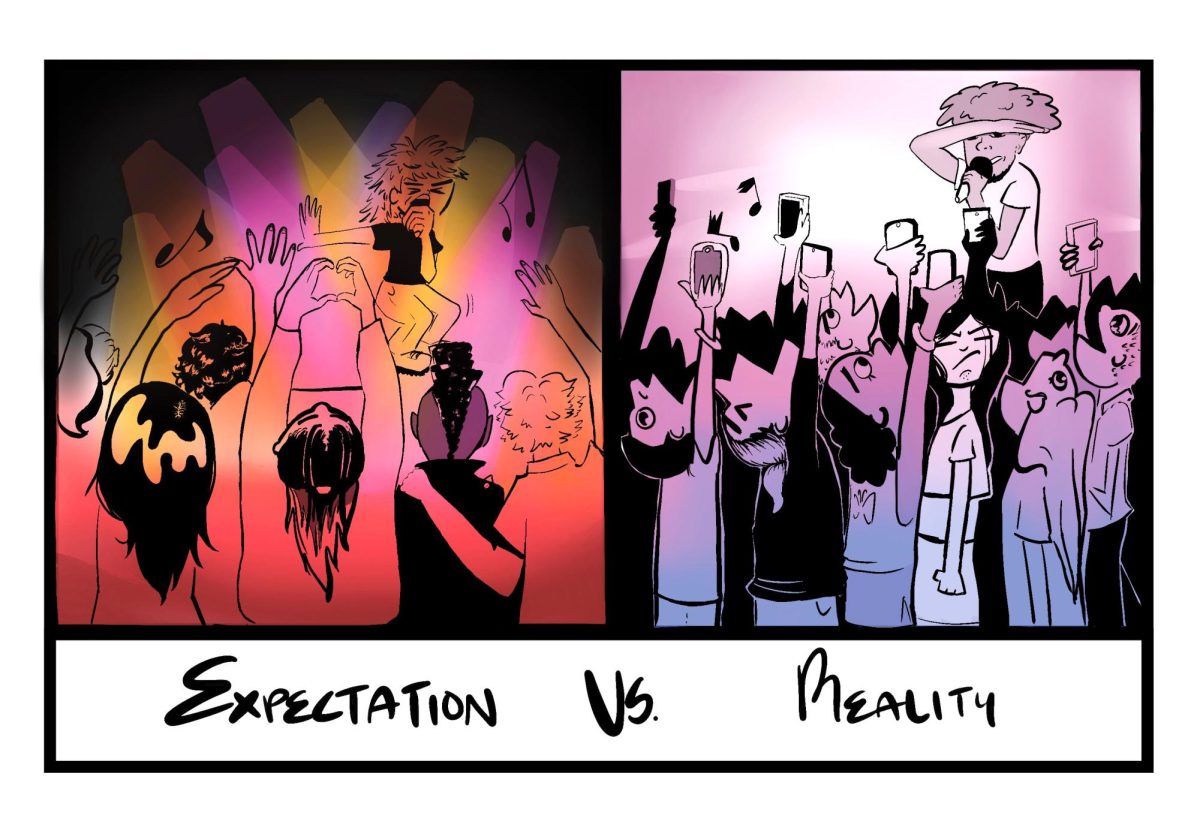By Diana Abou-Saleh
Sports & Managing Editor
“The Hunger Games,” the highly anticipated film based on Susanne Collins’ bestselling book series, grossed approximately $155 million during opening weekend. It was the third-biggest opening weekend ever behind “Harry Potter and the Deathly Hallows: Part 2” and “The Dark Knight,” according to boxofficemojo.com.
“The Hunger Games” is a story about a dystopian America run by a totalitarian communist government where a 16-year-old girl decides to make a difference and fight for her life. In Panem, the population is divided into 12 impoverished, fenced-in districts.
Following a failed rebellion by the districts, the Capitol holds an annual event for which a girl and a boy from each district are selected to compete in a free-for-all fight to the death until only one of the 24 competitors remains. The competition is held to punish the districts for the rebellion but also to reward them if they win.
After I read the three books in just a couple days, I am not reluctant to say I am obsessed with the series.
After I finished the books, I stayed up hours some nights pondering their meaning. I couldn’t help but compare the series to the reality of the world, every detail: the rebels, uprisings, people starving, controlling government, too much power, violence and so forth.
After watching the film, I have come to realize why this series is so different. While there are no kids flying on broomsticks or sparkling vampires, there are kids being sacrificed for entertainment as the wealthy watch and celebrate.
The messages “The Hunger Games” reveal are linked to the problems in modern society. According to the Huffington Post, America’s younger workers are witnessing their future economic infrastructure collapse around them.
One could view killing of the tributes in “The Hunger Games” as an allegory about cashing in on the next generation’s future hopes and dreams.
Jennifer Lawrence, who plays protagonist Katniss Everdeen, told Parade Magazine the most significant message of the film for her was society’s obsession with reality television.
“The books hold up a terrible kind of mirror: This is what our society could be like if we became desensitized to trauma and to each other’s pain,” Lawrence said.
Could “The Hunger Games” be a reflection of our current world? Anyone who watches the news or is well informed can tell some countries are on their way to chaos. Amid debt crisis, homelessness and unemployment, suicide rates have risen more than 25 percent in Athens alone, according to BBC.com. In Venezuela, corruption and poverty are destroying the nation. In Mexico, violence and the drug war are primary issues.
Overall, I have to give it to Collins. Whether it was her intent to write a reflection of society or merely a warning of things to come, she did a terrific job.
Who knows? Maybe things won’t get as bad in the future, but if they do, happy Hunger Games, and may the odds be ever in your favor.






